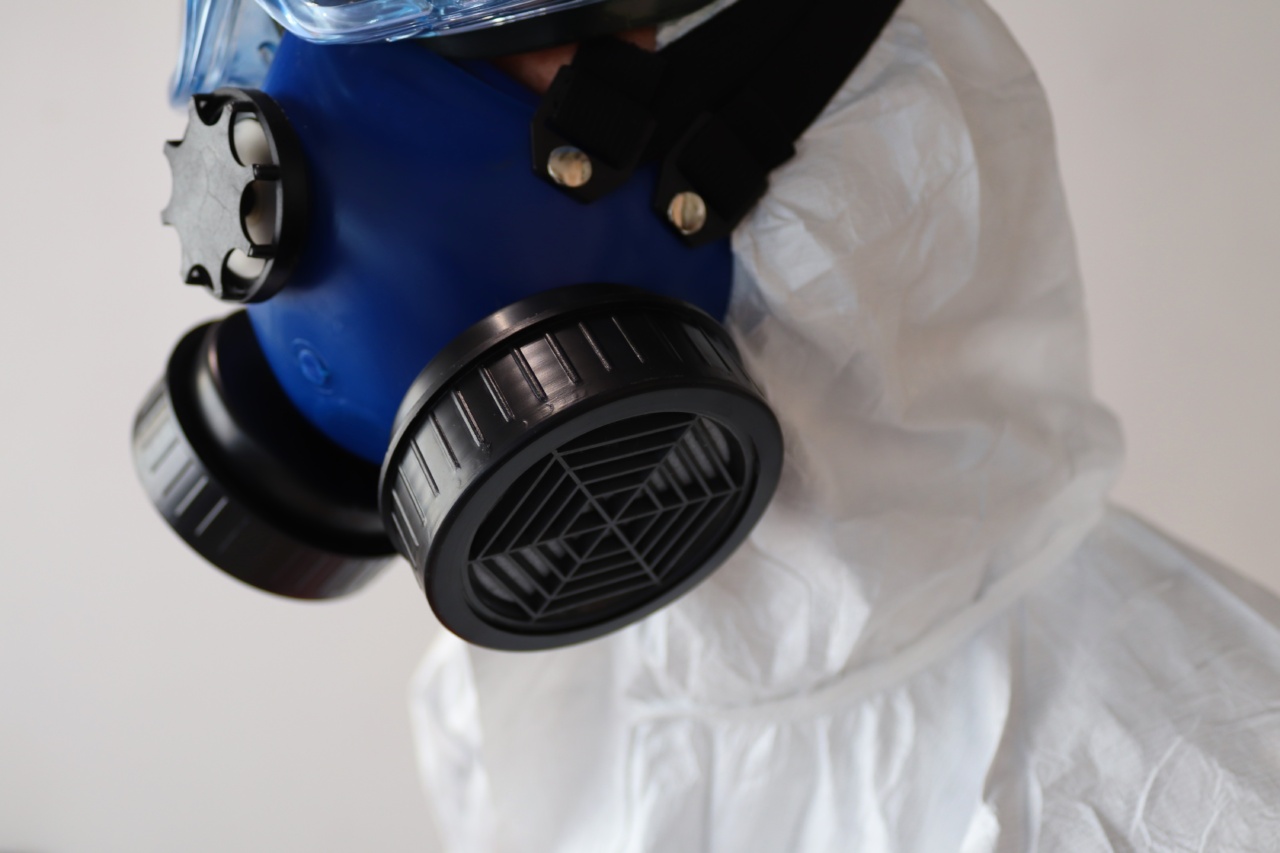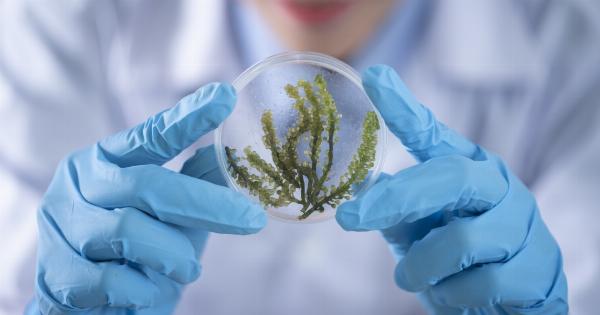Air pollution is a growing problem worldwide, and it’s no secret that it’s harmful to human health. In fact, air pollution is one of the leading causes of respiratory illnesses.
Polluted air contains hazardous chemicals and particles that can cause damage and irritation to our lungs and respiratory system. This article will explore the connection between air pollution and respiratory illnesses, and how we can protect ourselves from its harmful effects.
What is Air Pollution?
Air pollution occurs when harmful substances, such as gases, particles, and biological molecules, are introduced into the atmosphere.
These substances can come from natural sources, such as wildfires and volcanic eruptions, or from human activities, such as transportation, industrial processes, and agriculture. The most common air pollutants include carbon monoxide, sulfur dioxide, nitrogen oxides, ozone, and particulate matter.
Respiratory Illnesses and Air Pollution
Exposure to polluted air can cause a range of respiratory illnesses, from mild irritation to chronic diseases. Short-term exposure to high levels of air pollution can cause symptoms such as coughing, wheezing, chest tightness, and difficulty breathing.
These symptoms may be more severe in people with pre-existing respiratory conditions, such as asthma and chronic obstructive pulmonary disease (COPD).
Long-term exposure to air pollution can have even more serious health consequences.
Studies have shown that long-term exposure to air pollution is associated with an increased risk of lung cancer, heart disease, stroke, and respiratory diseases such as asthma and COPD. Children and elderly people are particularly vulnerable to the harmful effects of air pollution, as their respiratory systems are still developing or weakened by age, respectively.
How Air Pollution Affects Our Respiratory System
Polluted air contains harmful chemicals and particles that can damage our respiratory system in a number of ways. Particulate matter, which includes dust, soot, and other tiny particles, is one of the most harmful components of air pollution.
When inhaled, these particles can lodge deep in our lungs, causing inflammation and scarring. This can lead to respiratory symptoms such as coughing, wheezing, and shortness of breath.
Ozone, which is formed by the reaction of sunlight and nitrogen oxides, can also be harmful to our respiratory system. When ozone is inhaled, it can cause irritation to the airways, leading to symptoms such as coughing and shortness of breath.
Prolonged exposure to high levels of ozone can also lead to the development of asthma and other respiratory diseases.
Sulfur dioxide and nitrogen oxides, which are produced by the burning of fossil fuels, can also have harmful effects on our respiratory system. When these pollutants are inhaled, they can react with water in the air to form acid rain.
This can cause irritation and damage to the respiratory system, leading to respiratory symptoms and an increased risk of respiratory diseases.
Protecting Yourself from Air Pollution
While air pollution is a growing problem worldwide, there are things we can do to protect ourselves from its harmful effects. Here are some tips:.
1. Check the Air Quality Index (AQI)
The Air Quality Index (AQI) is a tool that measures the level of air pollution in a given area. You can check the AQI of your area online or through a mobile app.
When the AQI is high, it’s best to avoid outdoor activities or wear a mask to filter out pollutants.
2. Reduce Your Exposure
When air pollution levels are high, it’s best to stay indoors and avoid outdoor activities as much as possible. If you need to be outside, wear a mask to filter out pollutants.
You can also reduce your exposure to indoor air pollution by using air purifiers and avoiding the use of products that emit harmful chemicals, such as cleaning products and pesticides.
3. Support Clean Air Policies
One of the most effective ways to reduce air pollution is to support clean air policies. This includes advocating for stricter emissions regulations and supporting clean energy initiatives.
By supporting clean air policies, we can all work together to reduce air pollution and protect our respiratory health.
Conclusion
Air pollution is a growing problem worldwide, and it’s important that we take steps to protect ourselves from its harmful effects.
While exposure to polluted air can cause a range of respiratory illnesses, there are things we can do to reduce our risk and improve our respiratory health. By checking the AQI, reducing our exposure, and supporting clean air policies, we can all play a role in protecting our respiratory health and ensuring a cleaner, healthier future.

























